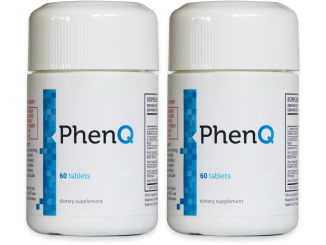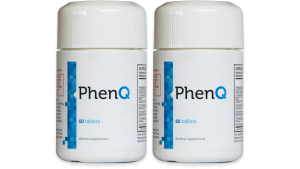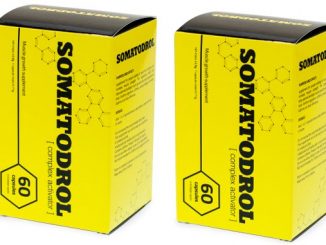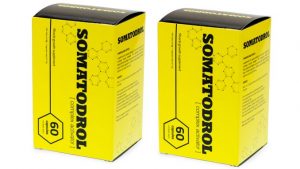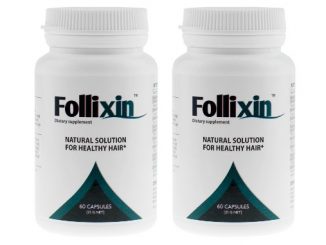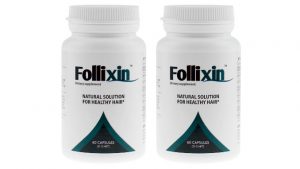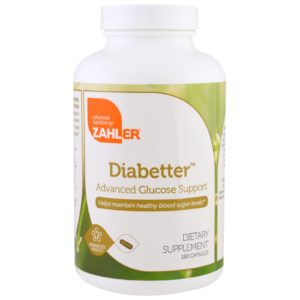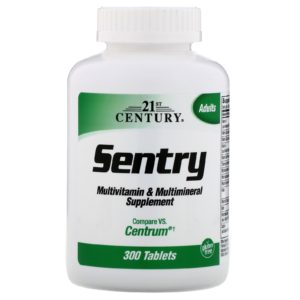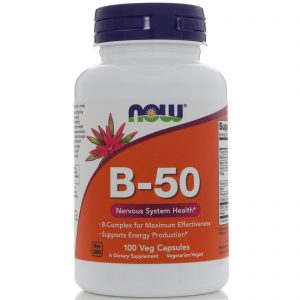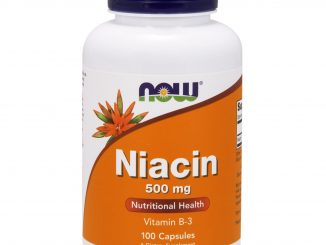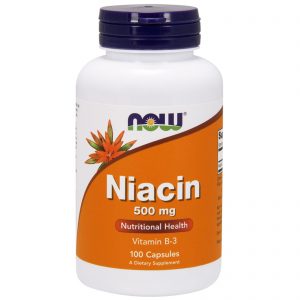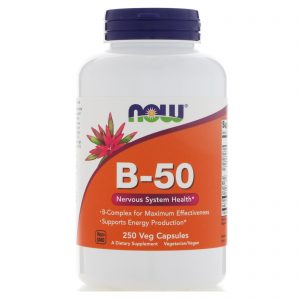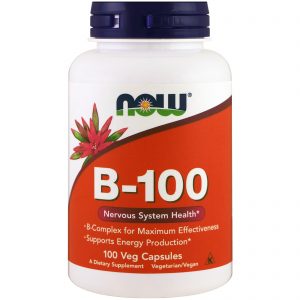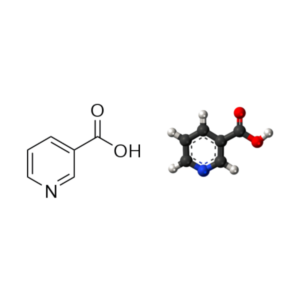The properties of Vitamin B3
Vitamin B3 is a vitamin that includes three forms: nicotinamide (niacinamide), niacin (nicotinic acid), and nicotinamide riboside. All three forms of vitamin B3 are converted within the body to nicotinamide adenine dinucleotide (NAD). NAD is required for human life and people are unable to make it within their bodies without one of the vitamin B3 or tryptophan. The group is also occasionally referred to as vitamin B3 complex.
Recommended Daily Allowance
Vitamin B3 – Recommended Daily Allowance: 16/14 mg.
Symptoms of Deficiency
Pellagra: dermatitis/photo dermatitis, alopecia, muscle weakness, twitching/burning in the extremities, altered gait, diarrhoea.
Specific Risk Factors for Deficiency
Alcohol abuse.
Dietary Sources
Good Dietary Sources of Vitamin B3:
- meat,
- fish,
- whole grain cereal,
- legumes,
- mushrooms,
- nuts.
Vitamin B3 and the Brain
A vast array of processes and enzymes involved in every aspect of peripheral and brain cell function are dependent on niacin derived nucleotides such as nicotinamide adenine dinucleotide (NAD) and NAD phosphate (NADP). Beyond energy production, these include oxidative reactions, antioxidant protection, DNA metabolism and repair, cellular signalling events (via intracellular calcium), and the conversion of folate to its tetrahydrofolate derivative. Niacin also binds agonistically at two G protein receptors, the high affinity Niacin receptor 1 (NIACR1), responsible for the skin flush associated with high intake of niacin, and the low affinity NIACR2. Niacin receptors are distributed both peripherally in immune cells and adipose tissue, and throughout the brain. Currently established roles include modulation of inflammatory cascades and anti-atherogenic lipolysis in adipose tissue. NIACR1 receptor populations have been shown to be down-regulated in the anterior cingulate cortex of schizophrenia sufferers and upregulated in the substantia nigra of Parkinson’s disease sufferers, (a group that have low niacin levels generally) with levels correlating with poorer sleep architecture in this group. A recent case study demonstrated that 250 mg niacin administration modulated peripheral immune cell NIACR1 expression and attenuated the disturbed sleep architecture associated with Parkinson’s disease(1262).
Brain Specific Symptoms of Deficiency
Depression, anxiety, progressing to vertigo, memory loss, paranoia, psychotic symptoms, aggression (Pellagrous insanity).

































































